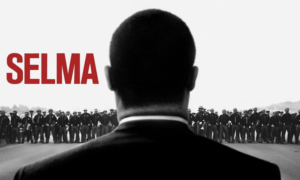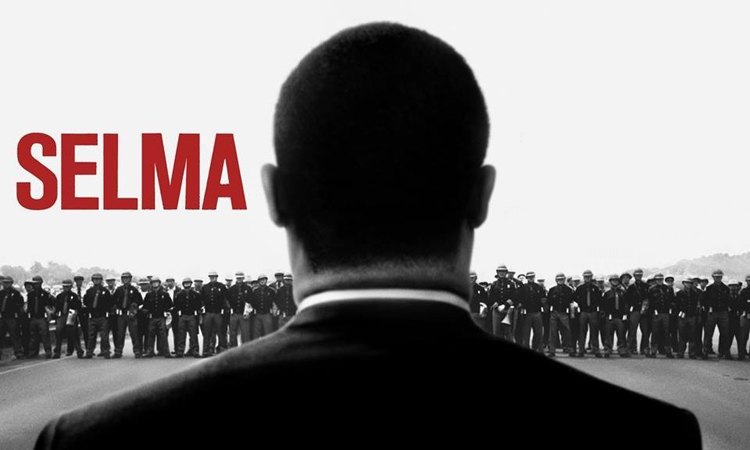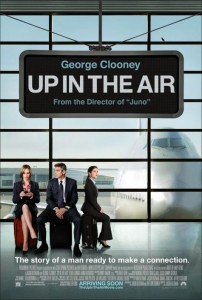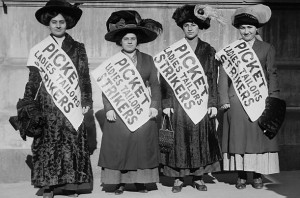Protest: Movies for Families About Working for Justice and Progress
Posted on June 2, 2020 at 10:41 am

The news of 2020 may be confusing and scary for children. These movies will help families talk about how democracies allow ordinary citizens to work for change.
Selma: “Selma,” director Ava DuVernay’s film about Dr. Martin Luther King, Jr. and the march from Selma, Alabama to the state capital at Montgomery, to make the case for the right to vote, is superb as biography, as history, and as drama.
He Named Me Malala: She risked everything to be allowed to learn. And now she is a world leader in advocating for other girls to have the same chance.
How to Survive a Plague: Extraordinary archival footage of the early days of AIDS activism makes this documentary especially vital and compelling. As writer/director David France told me, ““This isn’t a movie about what AIDS did to us. This is a movie about what we did to AIDS.” the people in this movie changed the way the medical and research communities interact with patients and their families who are coping with all diseases and conditions.
Boycott: The Montgomery bus boycott led by a young clergyman named Martin Luther King, Jr. changed the world.
It is humbling to remember that the boycotters never demanded complete desegregation of the public transit; that seemed too unrealistic a goal. This website has video interviews with the people who were there. This newspaper article describes Dr. King’s meeting with the bus line officials. And excellent teaching materials about the Montgomery bus boycott are available, including the modest and deeply moving reminder to the boycotters once segregation had been ruled unconstitutional that they should “demonstrate calm dignity,” “pray for guidance,” and refrain from boasting or bragging.
Mission Blue: World-renowned oceanographer Sylvia Earle travels the globe on an urgent mission to shed light on the dire condition of Earth’s oceans.
Dolores: One of the most powerful activists on behalf of migrant workers is Dolores Huerta, who had to fight sexism as well as racism.
Amazing Grace: The first ever citizen-led movement leading to peaceful social change was the British anti-slavery movement led by William Wilberforce, movingly depicted in this film. You can see the origins of the kinds of tactics and arguments that have formed the basis for every social movement since.
Made in Dagenham: Sally Hawkins stars in this fact-based story about women fighting for equal pay at a car company. It is a stirring and inspirational story and has a nuanced look at the political challenges as well as the professional ones.
1971: Before the Pentagon Papers, Edward Snowden, the Panama Papers, Wikileaks, and Chelsea Manning there was the first-ever leak of government documents. A group of activists broke into an FBI office and released documents showing abuse by law enforcement in a program called COINTELPRO. It was decades before anyone discovered who was responsible and we are just beginning to understand the impact of these revelations in loss of trust for government and changes of policy in the press.
Mighty Times: The Children’s March: This Oscar-winning documentary is the story of how the young people of Birmingham, Alabama, braved fire hoses and police dogs in 1963 to demand justice.





